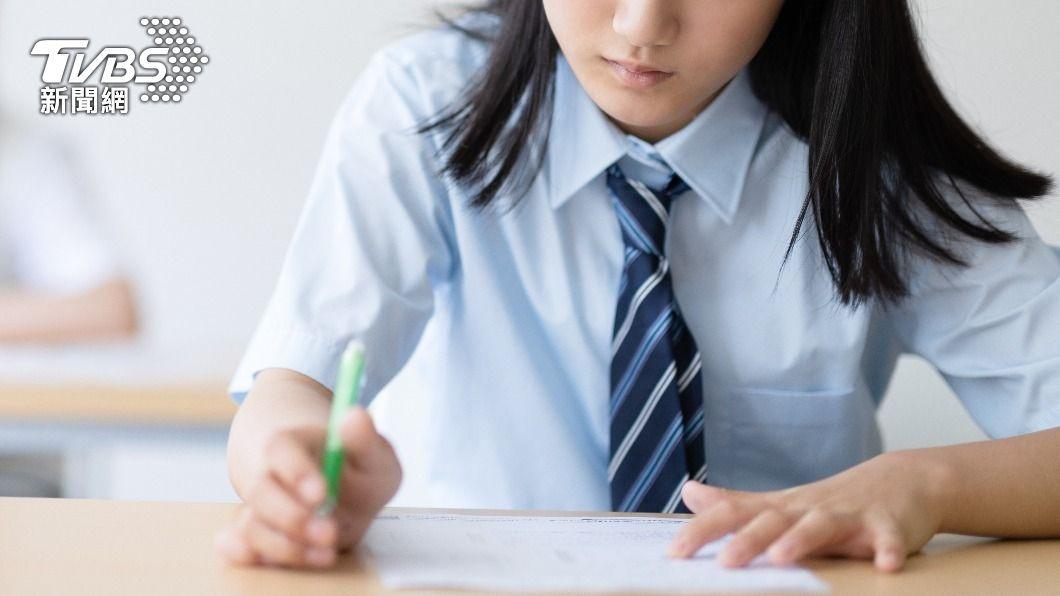TAIPEI (TVBS News) — Junyi Academy highlighted the increasing disparity in students' mathematics results on Thursday (Dec. 7), amid discussions on Taiwan's rank in the 2022 Programme for International Student Assessment (PISA) results released earlier this week.
Taiwanese students ranked third internationally in mathematics with an average score of 547, up two places from the 2018 PISA results.
However, Junyi Academy stressed an alarming "M-shaped" divergence in proficiency, with a near 200-point gap between the top 10 percent scoring an average of 623 points and the bottom 10 percent averaging 434 points.
Lu Kuan-wei, chairman of Junyi Academy, remarked that digital learning has notably benefited children from higher socioeconomic status households, while those from lower-status households less often use digital devices for educational purposes, widening the gap.
The COVID-19 pandemic prompted Taiwan's government to implement a "classes suspended but learning continues" policy, significantly advancing digital teaching practices. Lu noted that without the pandemic, up to 80 percent of teachers might not have tried digital teaching methods to date.
Following the pandemic, however, there has been a visible decline in platform usage, indicating a potential reversion to pre-pandemic levels of digital instruction implementation.
In response, Lu emphasized the need for guided learning in technology and equitable teaching among students. He also highlighted the need to ensure that teachers can effectively leverage digital technologies to minimize urban-rural and learning disparities.
With the rise of generative AI, such as ChatGPT, Lu noted it as a potent educational tool but also one that has raised concerns over students misusing AI for homework completion, prompting governments worldwide to contemplate new regulations.
Lu urged presidential candidates to prepare comprehensive educational policies that address the developments and challenges brought on by such technological advances.



